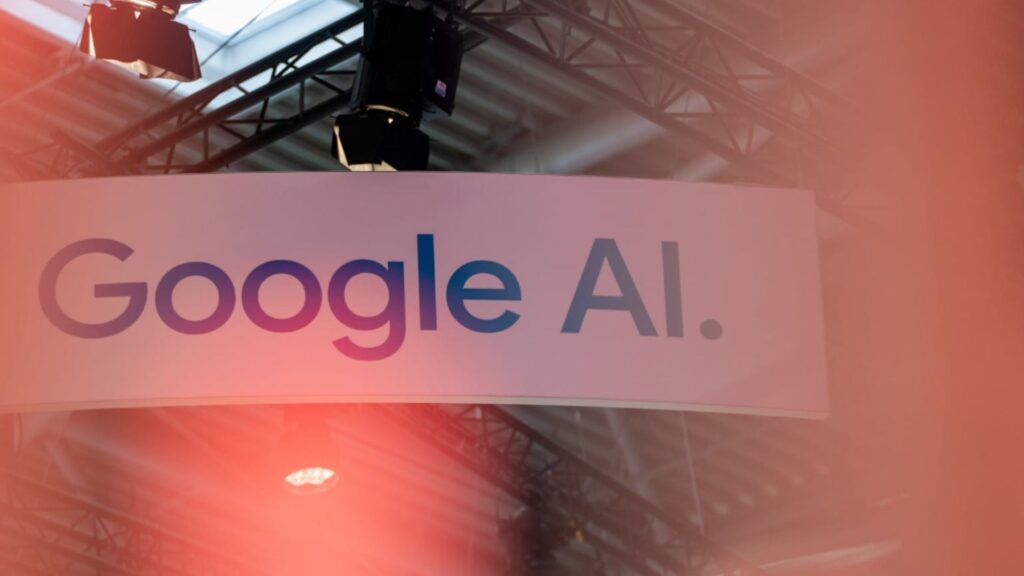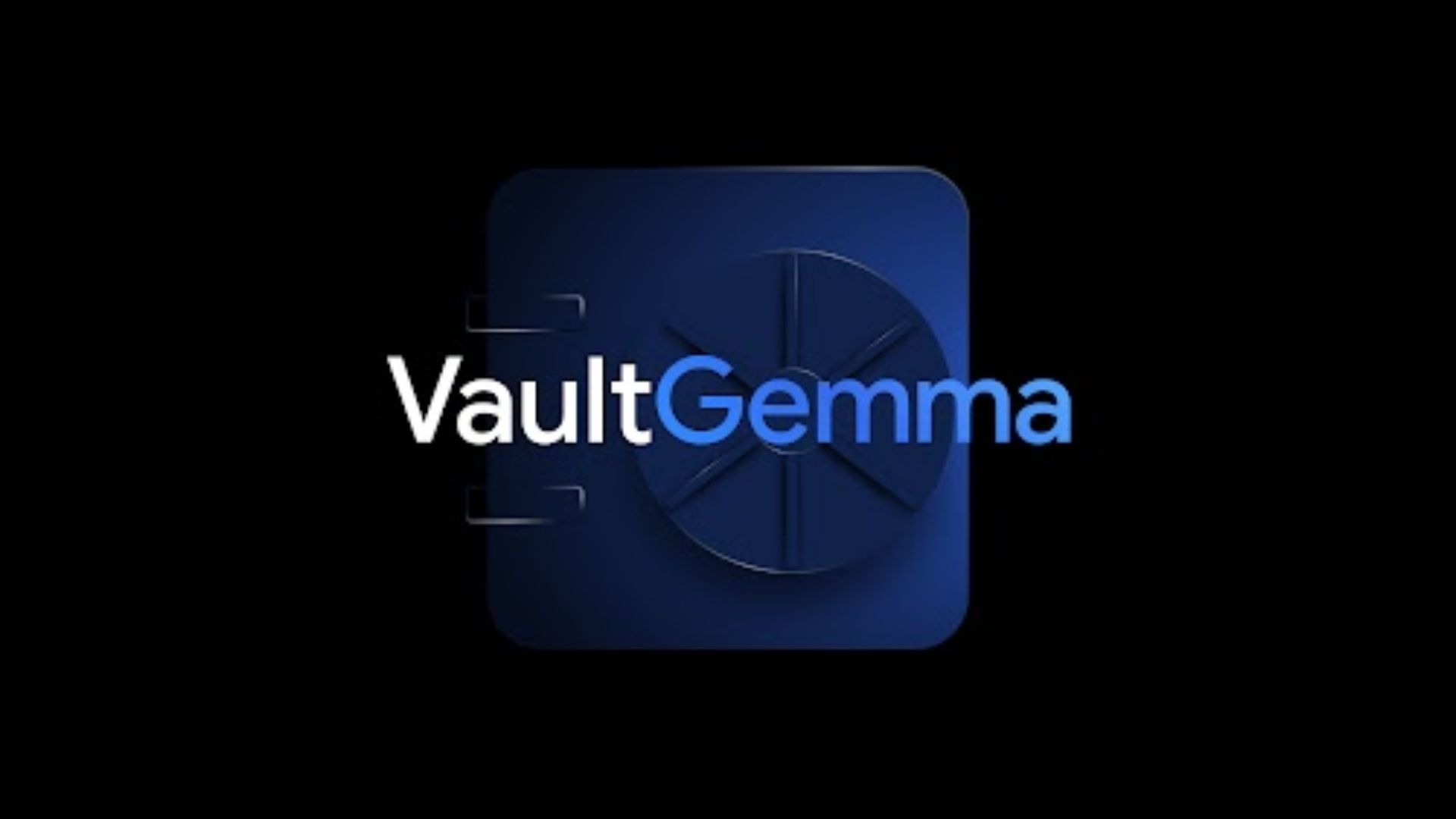
Google AI Research and DeepMind have unveiled VaultGemma, a 1-billion-parameter open-source language model representing a groundbreaking advancement in differentially private artificial intelligence. Announced by Google’s Chief Scientist Jeff Dean, the model is the largest open-weight LLM trained entirely from scratch with differential privacy, establishing new benchmarks for privacy-preserving AI development (Google Research).
VaultGemma directly addresses critical concerns about memorization attacks in AI models, where sensitive information can be extracted from systems trained on web-scale datasets. The model was developed using advanced differential privacy techniques that add calibrated noise during training to prevent any single data point from significantly influencing the final model.
Technical Innovation and Privacy Guarantees
The model employs DP-SGD (Differentially Private Stochastic Gradient Descent) with gradient clipping and Gaussian noise addition, achieving a formal privacy guarantee of (ε ≤ 2.0, δ ≤ 1.1e-10) at the sequence level. VaultGemma was trained on the same 13 trillion-token dataset used for Gemma 2, consisting primarily of English text from web documents, code, and scientific articles (MarkTechPost).
Google’s research team developed new scaling laws specifically for differentially private language models, providing a comprehensive framework for understanding compute-privacy-utility trade-offs. These scaling laws enabled precise prediction of model performance and efficient resource allocation during training on a cluster of 2,048 TPUv6e chips.
Performance Trade-offs and Accessibility
While VaultGemma demonstrates no detectable memorization of training data, its performance currently trails non-private models. On academic benchmarks, it achieves scores comparable to non-private models from approximately five years ago, with results including 26.45 on ARC-C compared to 38.31 for Gemma-3 1B (Google Research).
Google has made VaultGemma’s weights available on Hugging Face and Kaggle, alongside a comprehensive technical report and research paper. The company’s motivation for the open release is to accelerate research and development in private AI by providing the community with both a powerful model and clear methodology.
Industry Impact and Future Implications
This release positions Google at the forefront of privacy-preserving AI development, addressing growing regulatory scrutiny around data protection while maintaining competitive AI capabilities. The work demonstrates that large-scale language models can be trained with rigorous privacy guarantees without becoming impractical for real-world applications, particularly in sensitive sectors like healthcare and finance where data privacy is paramount (WebProNews).












Your article helped me a lot, is there any more related content? Thanks! https://www.binance.com/pt-PT/register?ref=KDN7HDOR